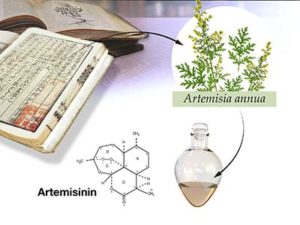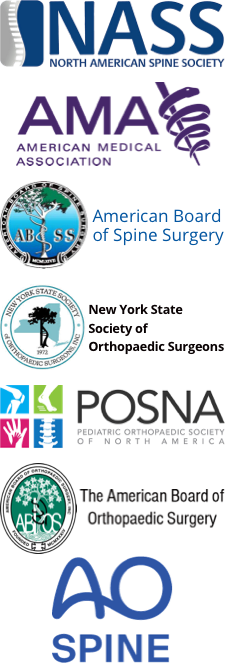 The 2015 Nobel Prize in Physiology or Medicine was awarded last week for the discovery of artemisinin, an anti-malaria compound that can be used to treat deadly parasitic pandemics.
The 2015 Nobel Prize in Physiology or Medicine was awarded last week for the discovery of artemisinin, an anti-malaria compound that can be used to treat deadly parasitic pandemics.
The prize was divided, one half jointly to William C. Campbell and Satoshi Omura “for their discoveries concerning a novel therapy against infections caused by roundworm parasites,” and the other half to Youyou Tu, “for her discoveries concerning a novel therapy against malaria.” The Nobel Committee at Karolina Institute in Stockholm announced the winning drug therapies as having “revolutionized the treatment of some of the most devastating parasitic diseases.”
Parasitic diseases such as river blindness and malaria are transmitted by insects such as black flies and mosquitoes, and are a deadly threat to about one-third of the world’s population. Avermectin, the drug developed by Dr. Campbell and Dr. Omura, treats a variety of roundworm infections; artemisinin, developed by Dr. Tu, is a drug that is a part of standard anti-malarial treatments and has reduced mortality rates of the disease.
Following the award, there have been questions about whether the Nobel Prize has vindicated the modern science of pharmacology, research devoted to finding medicines in natural products. Both discoveries are derived from plants: avermectin comes from soil bacteria and artemisinin comes from wormwood plants. In addition, Tu’s background in traditional Chinese medicine influenced her methodologies on her scientific journey to develop a novel malaria therapy as she investigated herbal remedies from plant extracts on malaria-infected animals.
Nevertheless, these medicinal triumphs have revolutionized the way the world treats patients stricken with deadly parasitic diseases all over the world. Derivatives of avermectin are distributed freely all over the globe for improving the health and wellbeing of millions of people suffering from these diseases. Artemisinin, when used in combination therapies, can reduce mortality from malaria by 20 percent, saving more than 100,000 lives each year.
Have you read about the 2015 Nobel Prize award-winning discoveries? Share your thoughts on our Facebook page.










